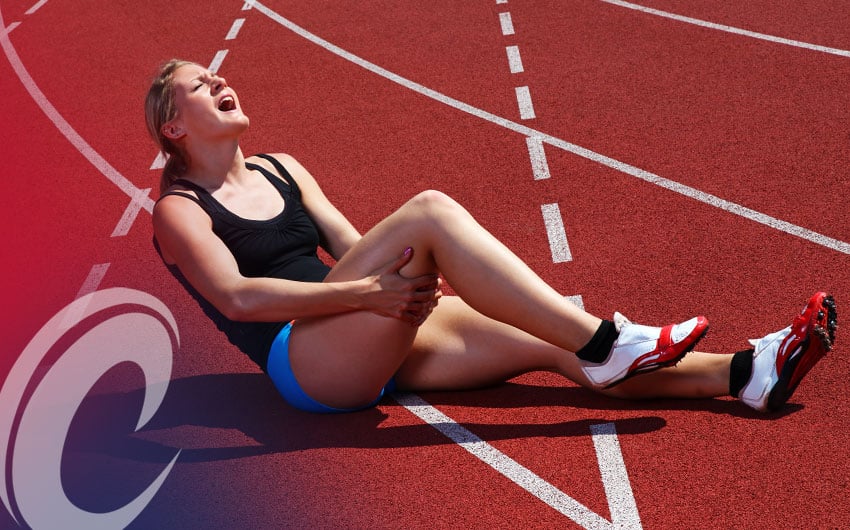As activities and athletics are starting back up again, aches and pains will return, as well. The important distinction to make is, am I sore or injured? Here are some general tips on knowing the difference. Please consult a health professional if you have any doubts.
-
- Is it affecting your performance? In other words, if the pain is severe enough that you cannot run, skate, jump, or throw properly/at full speed, you should probably get it check out.
- Is it on both sides? In general, if one quad is sore from your workout, then the other on is likely to be, too. If you are only feeling it on one side, or if it is a localized pain (can pinpoint a specific spot), then it might be more than just soreness.
- What is the quality of pain? Basically, how would you describe it? Sharp? Achy? Pulling? Dull? Shooting? Depending on your level, you have probably experienced what muscle soreness feels like and can differentiate it from more concerning pain quality. Generally, when pain is described as “sharp” or “pulling”, it’s worth looking into.
- Does activity/stretching provide relief? Gentle stretching and movement may help relieve muscle soreness after a heavy bout of training. If activity aggravates the pain, or if it is continuous and worsening after a light warm-up, then you may have an injury.
- Is it getting better? Benign soreness will typically resolve within a few days. If after a rest period you try to resume activity and the pain persists, you may have an injury.
- When in doubt, get it checked out. Everyone experiences pain differently, and so there are no one-size-fits-all rules for differentiating between soreness and pain. If you have any questions, just play it safe and get in touch with a healthcare provider such as an Sports Medicine Physician, Athletic Trainer or Physical Therapist. Even if you do not have an injury, they may have some tips for how to relieve your symptoms and potentially prevent excessive soreness in the future.
Jenna Janadi is a certified athletic trainer and graduate of Plymouth State University, where she received her Master’s in Athletic Training. Jenna is on staff at Compete Sports Performance and Rehab in Orange County, CA.

